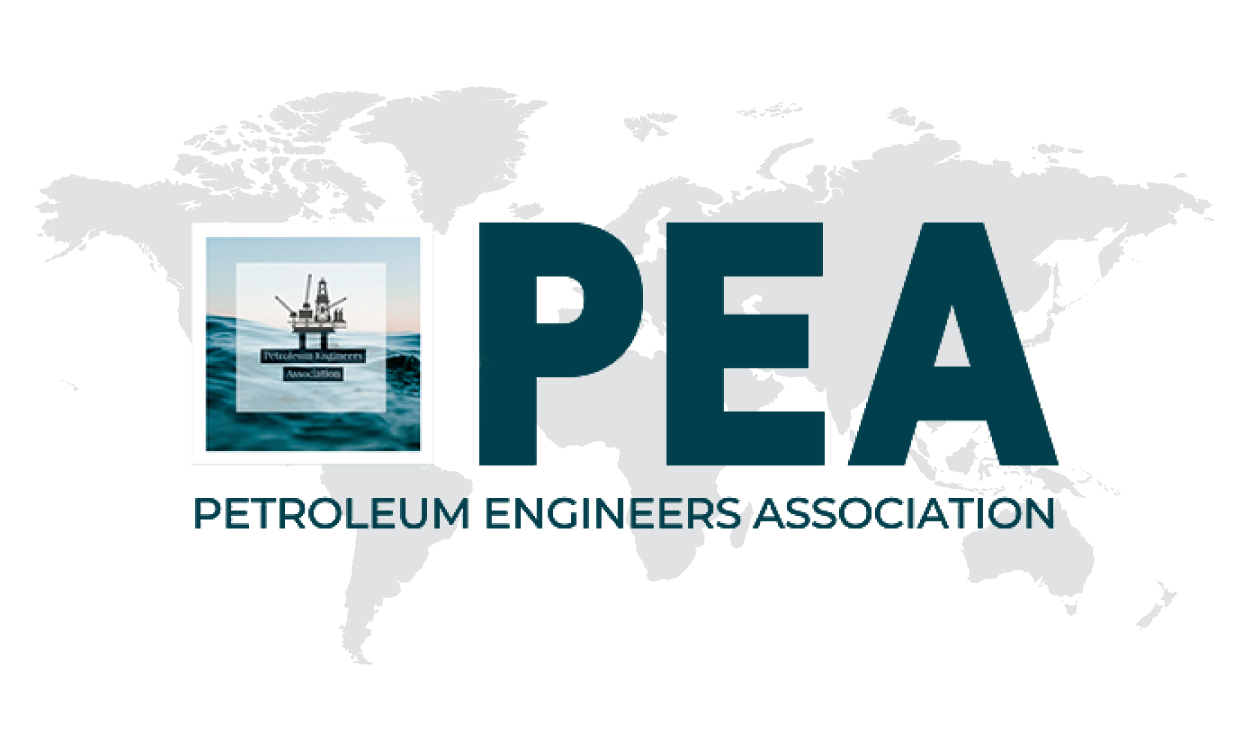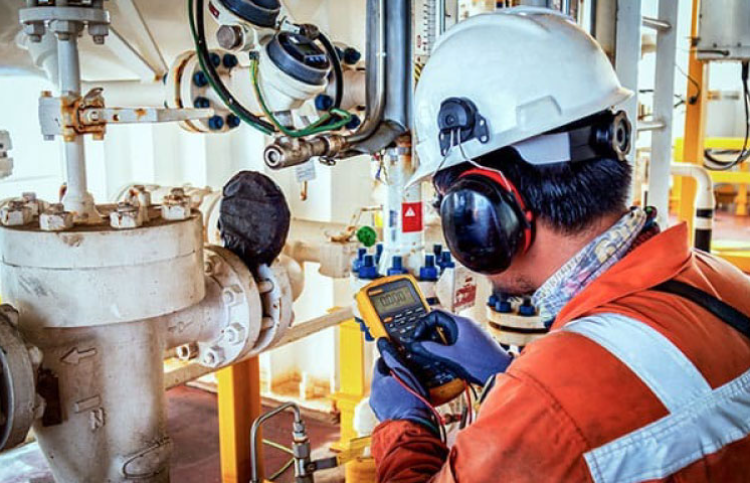Plant Automation & Process Control
| Code | Duration | Currency | Fee Per Person |
|---|---|---|---|
| PEA-PPL-EL |
15 Hours
|
USD
|
450
|
This is a self-paced, on-demand e-learning course. Upon enrollment, all course videos and materials will be delivered to your email within 12 hours. A certificate will be issued upon successful completion of the required quizzes and assignments.
Boost your team's skills and your budget! Enjoy group discounts for collaborative learning. Send an inquiry to info@peassociations.com.
Plant Automation & Process Control
This course equips professionals with the knowledge and tools to understand, design, and implement automation and control systems in process plants, ensuring efficiency, reliability, and safety.
Description
The Plant Automation & Process Control course provides a structured exploration of process plant design, instrumentation, and control. Participants learn how process data is measured, monitored, and managed through diagrams, instruments, and distributed control systems. Advanced modules cover feedback and feedforward control, cascade and ratio strategies, as well as historian databases for plant data management. With case studies and industry examples, the course bridges fundamental concepts and real-world applications, empowering professionals to improve system reliability and plant performance.
Automation has become the backbone of efficient and safe plant operations in the modern process industry. From instrumentation to distributed control systems, mastering automation principles allows professionals to optimize processes, minimize downtime, and enhance operational safety. This self-paced program from PEA provides industry practitioners with a clear understanding of automation frameworks, instrumentation, and control strategies, supported by applied exercises and case studies. Learners walk away with a strong foundation that strengthens both technical knowledge and workplace decision-making.
• Interpret Process Flow Diagrams (PFD) and Piping & Instrumentation Diagrams (P&ID).
• Understand principles of measurement and instrumentation.
• Differentiate between open-loop and closed-loop systems.
• Apply advanced control strategies including cascade, split range, and ratio control.
• Explore distributed control system (DCS) features and architecture.
• Manage plant data using historian databases and real-time monitoring tools.
• Improved plant reliability through enhanced process control knowledge.
• Better integration of automation systems into operations.
• Stronger workforce skills in instrumentation and process monitoring.
• Increased efficiency through optimized use of DCS and historian tools.
• Enhanced operational safety and reduced downtime.
• Gain confidence in reading and interpreting process diagrams.
• Strengthen understanding of instrumentation fundamentals.
• Acquire the ability to select and apply appropriate control strategies.
• Learn to work effectively with DCS environments and plant data historians.
• Build career-ready expertise applicable across diverse process industries.
• Process Engineers
• Instrumentation Engineers
• Automation Specialists
• Control System Engineers
• Plant Operators and Supervisors
• Process Plant Design
• Evolution of Process Flow Diagram (PFD)
• Evolution of Piping and Instrumentation Diagram (P&ID)
• How to read P&ID
• Measurements
• Units of Measurements
• Measurement Instruments
• Instrumentation
• Instrumentation Around Us
• Instruments - Analog / Digital
• Open Loop - Closed Loop
• Flow, Temperature, Level, Pressure Control
• On-Off Level Control
• Direct and Cascade Control
• Split Range Control
• Ratio Control
• Feedback and Feed forward Control
• Three Element Control
• Distributed Control Systems (DCS)
• DCS Features
• Graphic Page
• Control Group Page
• Instrument Tuning Page
• Real-time Trend Page
• Alarm Summary Page
• Stakeholders of Process Plant Data
• Real-time Database / Historian
• Historian Architecture
• Historian Features
On successful completion of this training course, PEA Certificate will be awarded to the delegates
This course has been meticulously developed by a seasoned PEA expert renowned in the oil and gas industry. With extensive hands-on experience and a proven track record in delivering innovative solutions, our trainer brings a wealth of technical expertise, deep industry insight, and a commitment to excellence. Learners can trust that they are gaining knowledge from a leading authority whose dedication to professional development ensures you receive only the highest-quality training to elevate your skills and career prospects.












